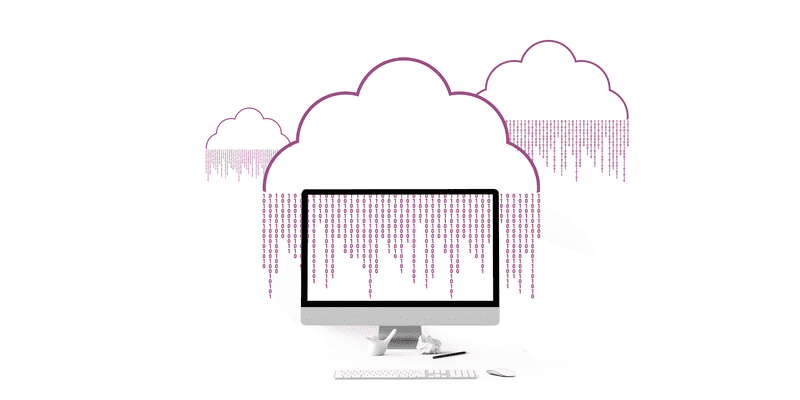Cloud Compliance: How to Maintain Compliance in Your Cloud Deployment


How does your company maintain data compliance in the cloud? Businesses working with sensitive data need to manage and operate it appropriately in order to comply with regulatory mandates. As businesses adopt new technologies, including the cloud, they need to ensure that they continue to comply with these regulations.
This isn’t as simple as it may seem. You may assume that companies that offer cloud services and deployments design those offerings to comply with common data regulations, like HIPAA, PCI-DSS, and GDPR. However, this isn’t necessarily the case. Maintaining compliance in the cloud takes effort on the part of both your cloud provider and your enterprise; without that effort, your data could be at risk of not adhering to mandatory rules and regulations. To help your company prevent this from happening, we compiled a list of tips on establishing and preserving cloud compliance.
One way to help ensure that your enterprise maintains compliance in the cloud is by soliciting a managed cloud services provider. Our free MSP Buyer’s Guide contains profiles on the top cloud managed service providers for AWS, Azure, and Google Cloud, as well as questions you should ask vendors and yourself before buying. We also offer an MSP Vendor Map that outlines those vendors in a Venn diagram to make it easy for you to select potential providers.
Know whether or not your cloud provider offers compliance
Every cloud solution and environment is created differently — they are built on different architectures and provide different services. As such, they may not be designed to comply with specific regulations. Before you move any regulated data onto the cloud, you need to verify that your cloud provider can meet your data compliance requirements.
Cloud solution vendors should inform customers what regulations their cloud environment complies with; this information is typically included on their website and/or in their service level agreement (SLA). It’s likely that major cloud providers will conform with many notable data regulations, but you shouldn’t assume this without double-checking yourself.
Determine what data belongs on the cloud — and what doesn’t
Just because you can store a piece of data on the cloud doesn’t mean that you should. Storing data that isn’t regulated on the cloud is fine, but you need to consider whether or not you you’ll be able to maintain compliance with more sensitive data in the cloud. Data that falls under strict regulatory commitments should be kept on-premise whenever possible so your enterprise can keep a watchful eye on it, as well as manage the physical servers it’s stored on.
Encrypt your cloud data
Even if the data regulations you comply with don’t strictly require data encryption, encrypting the data in your cloud environment should still be a requirement for your company. Often, a cloud provider will offer native tools that apply encryption for data at rest in the cloud, as well as inbound or outbound traffic. Take advantage of these services if they match your encryption requirements for data compliance. The best strategy is to encrypt your data locally before moving it to the cloud; that way, you can rest easy as you transfer data onto your cloud environment.
Know where your data is being stored
Cloud providers need to accommodate a large number of clients from around the worldwide. To help them service their customers, they build and operate numerous data centers globally. In order to comply with data regulations, your company needs to know where exactly the data you place in the cloud is stored. Any cloud provider worth its salt will tell you exactly where your data is located upon request. You’ll need to provide this information in the case of an audit, but your company should also know if any of your data is stored internationally. If it is, you’ll want to comply with the data privacy and management regulations of the country your data centers are housed in.
Running a cloud environment and need help managing the cloud services you use? Our MSP Buyer’s Guide contains profiles on the top cloud managed service providers for AWS, Azure, and Google Cloud, as well as questions you should ask vendors and yourself before buying. We also offer an MSP Vendor Map that outlines those vendors in a Venn diagram to make it easy for you to select potential providers.
Check us out on Twitter for the latest in Enterprise Cloud news and developments!






















